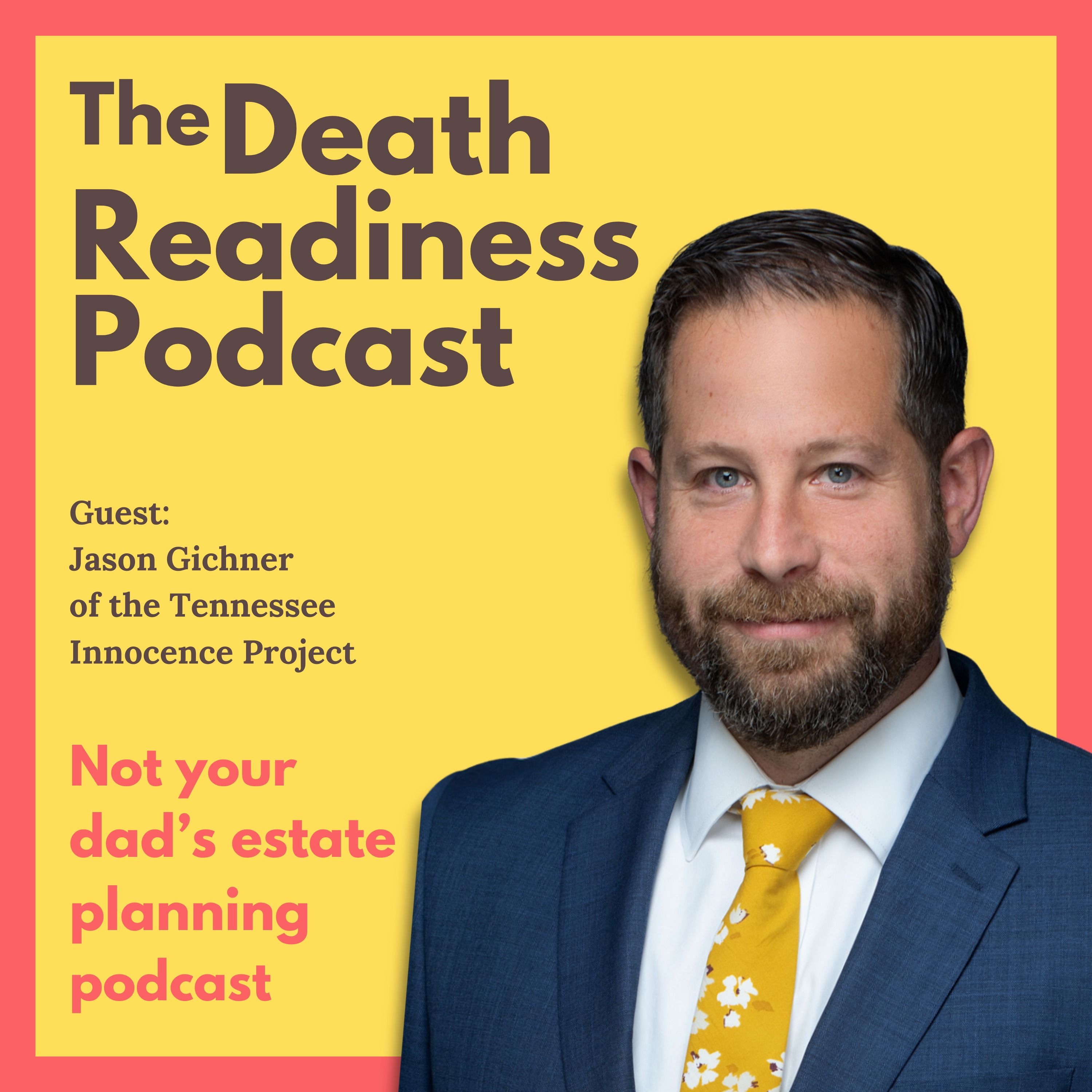Podcast Episode Details
Back to Podcast Episodes
Why an Innocent Woman Spent 27 Years in Prison
Episode 30
Imagine spending 27 years in prison for a crime you didn’t commit. That was the reality for Joyce Watkins, a woman wrongfully convicted in 1989 of the rape and murder of her four-year-old great-niece. Joyce and her longtime partner, Charlie Dunn steadfastly maintained their innocence. But flawed medical testimony, prosecutorial missteps, and systemic biases led to their conviction and life sentences. Charlie tragically died in prison after 27 years, while Joyce was paroled in 2015, branded as a registered sex offender. Even in the face of wrongful conviction, parole restrictions, and decades of injustice, Joyce never gave up her agency.
Jill talks with Jason Gichner, Executive Director of the Tennessee Innocence Project, about Joyce’s fight to clear her name, how wrongful convictions happen, and what her story teaches us about resilience, justice, and protecting your voice. Together, they explore how the Tennessee Innocence Project works to exonerate innocent people, the flaws in the justice system, and the ways all of us can contribute to this vital mission.
What We Discussed
- The Tennessee Innocence Project: The Tennessee Innocence Project is a non-profit law firm that represents people who are actually innocent, people convicted of crimes they did not commit. The project’s typical client has been wrongly imprisoned for decades. On average, the project’s clients who have been exonerated served more than 26 years in prison for crimes that they did not commit. Besides direct litigation, the Tennessee Innocence Project engages in policy work to prevent wrongful convictions.
- Joyce Watkins’ story. Joyce became entangled in a tragedy after caring for her great-niece for just nine hours. The child arrived at Joyce’s home already injured, showing signs of bleeding and cognitive distress. Joyce sought medical attention for the child but flawed medical testimony later pointed the blame at Joyce and her longtime partner, Charlie. The prosecution offered Joyce a plea deal of one year if she said Charlie committed the crimes. She refused, unwilling to send an innocent man to prison.
- How expert testimony, even if incorrect, can shape the outcome of a case. Joyce and Charlie’s conviction rested almost entirely on flawed forensic testimony. The original medical examiner claimed that because she didn’t see a particular healing cell, called a histiocyte, in brain slides, the child’s fatal injury must have occurred during the nine hours she was with Joyce and Charlie. That “proof” became the linchpin of the prosecution’s case. Decades later, independent experts, including Tennessee’s chief medical examiner and a pediatric neurologist from Vanderbilt Children’s Hospital, confirmed that the theory was biologically impossible.
- The impossible choices innocent people face, including why some plead guilty to crimes they didn’t commit. In the middle of Joyce’s trial, prosecutors offered her a one-year sentence if she would testify that Charlie committed the rape and murder. She refused, unwilling to condemn an innocent man, and took a life sentence instead.
- Why innocent people sometimes plead guilty. Innocent people sometimes plead guilty when the risk of trial feels too great. Prosecutors hold immense leverage, threatening decades behind bars or even life in prison, while dangling plea deals that offer immediate release or probation. For people who cannot afford bail, who fear a jury will believe false evidence, or who simply want to return home to their families, pleading guilty may feel like the only rational option, even when they did nothing wrong.
- The exoneration process: how Joyce’s case was reopened, the collaboration with prosecutors, and the eventual exoneration. Joyce arrived at the Tennessee Innocence Project years after her parole, determined to clear her
Published on 4 days, 17 hours ago